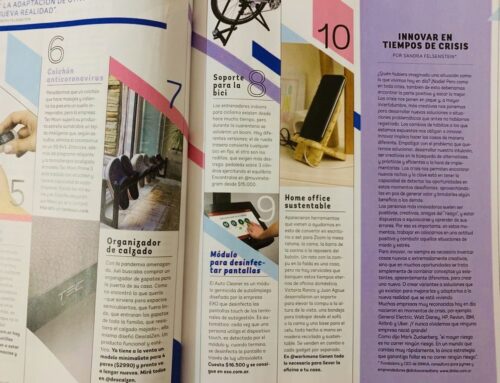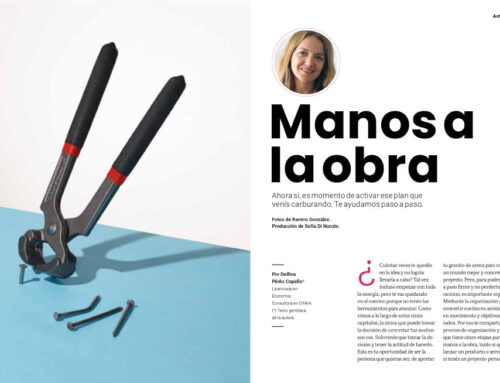Faced with a large idle capacity and a huge drop in consumption, many SMEs fear making false steps. Various experts explain here the keys to optimizing management.
Sandra Felsenstein is the leader of the DINKA consultant, specializing in SMEs. And he emphasizes that precisely for some time now “our clients have been telling us that they need greater efficiency. Something positive about moments of crisis is this proposal to rethink the business model, to consider issues that might not otherwise be considered. Because after that, that learning will become an asset”, Explain. Bring two customer cases: one, of the plastic industry, that urgently needed to implement innovative actions, so as not to be relegated by their clients”. The other, dedicated to merchandising, discovered in recent times that it needed yes or yes to update itself through research in national and foreign markets, to know how it was innovating in the segment.
Regarding the types of problems that usually arise in these acute crises, Felsenstein groups them into three groups: economic/financial, of human/organizational and commercial resources. To the first type of difficulties, which synthesizes as a reduction of margins (the economic ones) and liquidity (financiers), the expert emphasizes the need to focus "on selling better instead of selling more". Thus, payment conditions with suppliers and collection with customers must be renegotiated.” with one of our clients, of the food sector, We recently did intensive work to identify, among its great mix of products, which ones had the best margins. That allowed them to later focus efforts on them and significantly improve their profitability”, Explain.
Regarding the problems in human resources, The DINKA leader detects that SME entrepreneurs are often tempted to “reduce staff and take on various operational tasks themselves, in which they must spend several hours of their time. But we always tell them that employer hourly value is too expensive for that., and furthermore these tasks prevent him from devoting himself to strategic issues, much more important to get ahead. On the other side, it is crucial that they transmit tranquility and security to the work team, showing that the employer is personally committed to leading the current difficult situation. It is in these situations that our people should feel more empowered, to go through and overcome the difficult period.” And about the commercial, the consultancy opens the game between suppliers and clients. about the first, dice Felsenstein, in times of prosperity the magnifying glass is not usually put. But when the potatoes start to burn, you have to rethink payment terms, review the usual processes and, possibly, look for new alternatives. And about customers, the energy must be especially to retain the current ones instead of conquering new ones.







